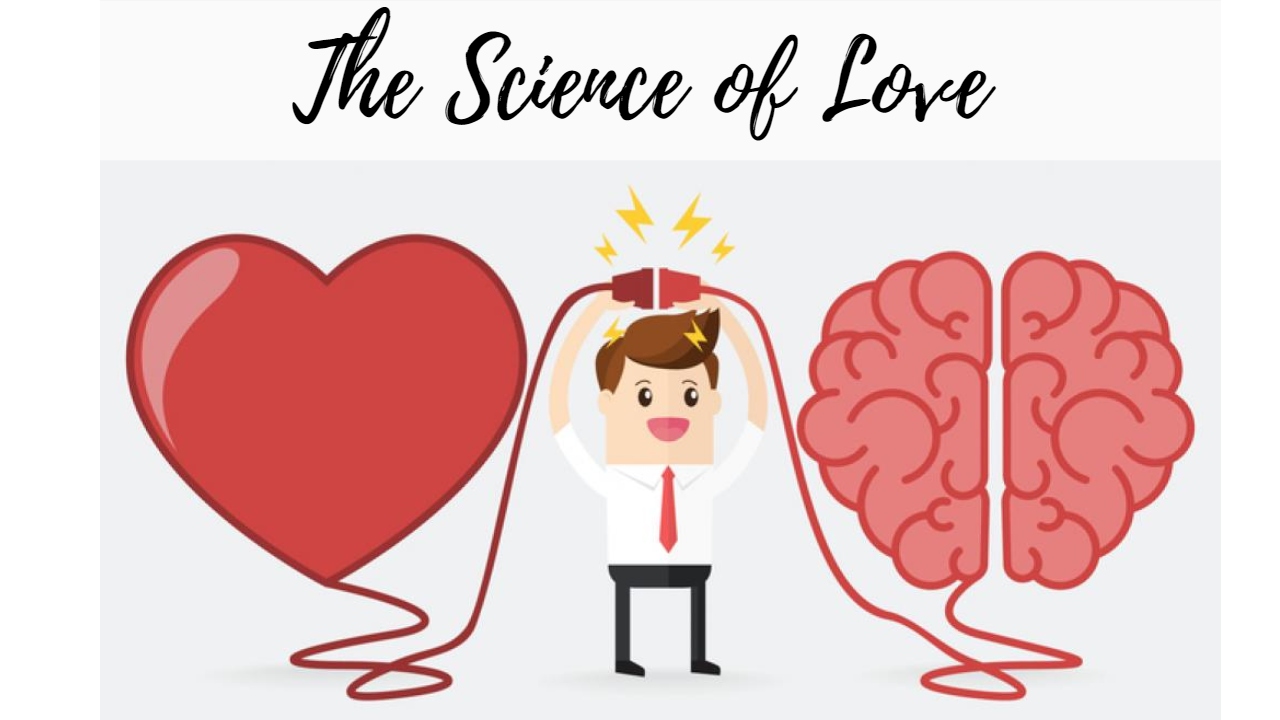

Love is a complicated and fascinating feeling that psychologists, sociologists, and biologists have studied for decades. Elevated oxytocin levels aid in the development of attachment and emotional closeness in new relationships.
Serotonin levels are also important in love and attraction. Low serotonin levels are connected to sadness and anxiety, whereas high levels are linked to emotions of happiness and well-being. This hormone is hypothesized to play a role in the early phases of love, promoting emotions of infatuation and enthusiasm.
Testosterone is the final crucial factor in the science of love. This hormone is commonly linked with masculinity, however, it may also be found in women and is considered to have a role in sexual attraction and desire. High testosterone levels are linked to enhanced libido, which can lead to greater sexual attraction and connection between partners.
Finally, the science of love is a vast and multifaceted field of research. While scientists made great strides in understanding the physiological mechanisms that underpin attraction and love, there is still much to learn about this strong and perplexing feeling.
Also Read: Love Wins: A Collection Of True Stories About Love Overcoming All
In today's article, we will learn the importance of happiness and how to maintain it…
Today, we will look at three common mistakes couples make in their relationships regarding intimacy…
In this article, we will learn about the simple ways that can help one overcome…
Check out the list of couples' biggest relationship mistakes in this article.
In this article, we will learn about anxiety and how one can handle it in…
In this article, you will understand the horrifying effects of child abuse.